Archives
now browsing by author
How to Install MongoDB 4.0 Community Edition on CentOS/RHEL 7 and Fedora Linux Systems
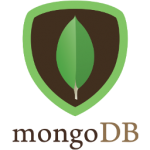
In this post, we will show you how to install MongoDB 4.0 community edition on Linux systems (RPM Family “Redhat /CentOS /Scientific Linux 7 and latest releases of Fedora ”). This tutorial will help you to install the latest stable release “MongoDB 4.0, exists at the time of writing thisRead More

Practical Examples for Using Awk Command in Text Processing in Linux
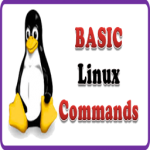
In this post, we’ll show you some practical examples to use awk command for processing text files in Linux Systems. Those examples I used them many times for many practical situations and will share them with you. I’ll use question and answer for examples in this post. Awk is aRead More

How to Install PHP 7.3 on CentOS 7 / RHEL 7 Linux Systems
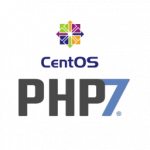
In this post, I’ll show you how to install php 7.3 on a bare CentOS7/RHEL7 Linux Systems. By default, CentOS 7 ships with PHP version 5.4 which has been officially reached it’s End of life for quite some time “in mid of 2015” and is no longer supported. You canRead More

How to Install PHP 7.2 on CentOS 7 / RHEL 7 Linux Systems

In this post, I’ll show you how to install php 7.2 on a bare CentOS7/RHEL7 Linux Systems. By default, CentOS 7 ships with PHP version 5.4 which has been officially reached it’s End of life for quite some time “in mid of 2015” and is no longer supported. You canRead More

How to Install PHP 7.1 on CentOS 7 / RHEL 7 Linux Systems

In this post, I’ll show you how to install php 7.1 on a bare CentOS7/RHEL7 Linux Systems. By default, CentOS 7 ships with PHP version 5.4 which has been officially reached it’s End of life for quite some time “in mid of 2015” and is no longer supported. You canRead More

How to Install PHP 7.0 on CentOS 7 / RHEL 7 Linux Systems

In this post, I’ll show you how to install php 7.0 on a bare CentOS7/RHEL7 Linux Systems. By default, CentOS 7 ships with PHP version 5.4 which has been officially reached it’s End of life for quite some time “in mid of 2015” and is no longer supported. You canRead More

How to Install Docker on Debian 9 “Stretch” Linux systems
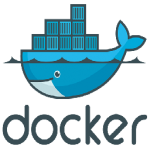
In this article, I’ll show you how to install Docker on Debian 9 Linux system. This is your first step to get started with Docker engine on Debian 9. I’ll use a minimal installation of Debian 9 “Stretch” 64bit to install Docker on it, of course the following installation stepsRead More

How to Install the Latest Stable Google Chrome on Ubuntu 18.04 LTS

In this post, we will show you how to install the latest stable google chrome browser on Linux systems (Debian Family “Ubuntu 18.04 LTS and Debian 9 Stretch ”). This tutorial is for Linux beginners and experts, showing 2 ways to install Google Chrome on Ubuntu 18.04 LTS Bionic Beaver.Read More

Howto remove/resolve Rails message “ PG::CharacterNotInRepertoire: ERROR: invalid byte sequence for encoding “UTF8”: 0xc2” on Linux Systems

In this mini post I’ll show you how to solve this Ruby on Rails error message “ActiveRecord::StatementInvalid (PG::CharacterNotInRepertoire: ERROR: invalid byte sequence for encoding “UTF8”: 0xc2” which may appears in the logs of rails applications connected to postgresql server. When we run certain url on our rails applications it gives:Read More

How to Resize/Increase the Virtual Disk “LVM” of a Xen DomU Guest Virtual Machine
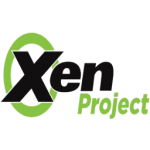
In this mini post, I’ll show you how to resize/increase the size of the virtual hard disk used in a Xen DomU virtual machine “guest”. One of the challenges that comes with managing Xen domU instances is dealing with virtual machines that run out of disk space. If the initialRead More




